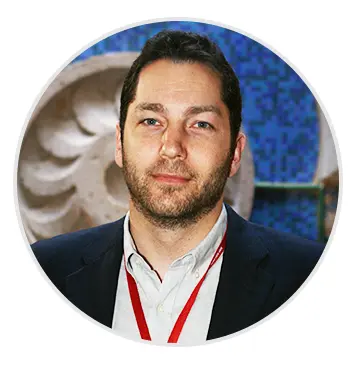Researcher Spotlight: Solomon Graf, MD
University of Washington

Dr. Graf is a Senior Fellow at the University of Washington, Fred Hutchinson Cancer Research Center. His project for the 2015 LRF Clinical Research Mentoring Program (LCRMP) studies the novel targeted agent ixazomib in previously untreated B-cell malignancies. “Ixazomib has an established track record of relatively low toxicity, and so has the potential to contribute to the evolution of the management of these diseases toward efficacious and increasingly well-tolerated therapies,” he notes. He hopes that his selection as an LRF Scholar will help shape his project into future competitive applications for funding, a must for early career medical researchers. “Even more valuable,” Dr. Graf adds, “will be the opportunity to meet colleagues and experts in the field from across the country and using their perspectives to refine my career trajectory.”
Dr. Graf completed his MD at the University of Boston School of Medicine before joining Fred Hutchinson for his residency and current fellowship. He credits his mentor, Dr. Ajay Gopal (a past recipient of LRF Research Grants in mantle cell lymphoma) for his commitment to lymphoma research. “Working with [Dr. Gopal] has proven the single most valuable and career-defining experience I have had,” he says. Dr. Graf’s professional goals include being able to practice clinical hematology and oncology in an academic setting that will allow him to continue meaningful clinical research. “I hope to contribute to the ever-accelerating advancements in lymphoma research and patient care and to work closely with patients providing effective, convenient, and innovative treatment options.”
When asked to provide advice to a newly diagnosed patient, Dr. Graf initially notes that even in the short span of his career as a lymphoma clinician the options for both approved and experimental treatments have dramatically improved. “While I hope and expect the pace of these advancements to continue, I am mindful that they have come about only because of the incredible resilience and commitment from countless patients previously diagnosed with and treated for their diseases,” he says. “Indeed it is patients themselves that give me the most optimism that lymphoma will less burdensome and more manageable in the coming years.”

